Composer transforms Beijing into a groundbreaking fusion of sound, space and human connection, Chen Nan reports.
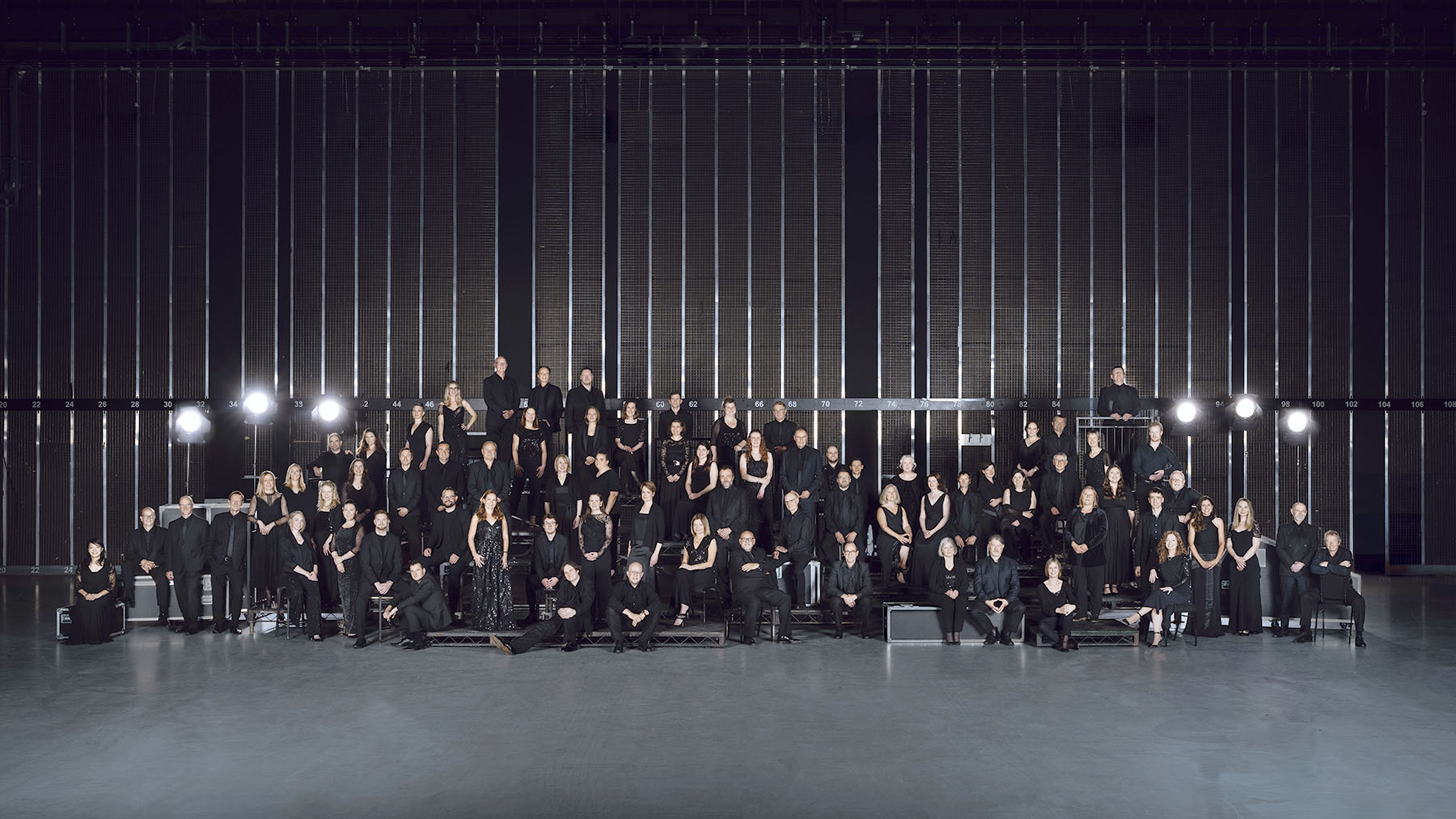
As autumn casts its golden glow over Beijing, the city is poised to host a musical experience unlike any other at the National Centre for the Performing Arts.
City of Floating Sounds, an immersive new work by composer Huang Ruo, will take audiences on a journey where the boundaries between performer and listener fade away, and the city itself becomes the stage and the symphony.
This innovative performance, which is part of the ongoing 28th Beijing Music Festival, organized by the Beijing Municipal Bureau of Culture and Tourism, will be performed by the BBC Philharmonic Orchestra under the baton of conductor John Storgards on Monday.
READ MORE: Beijing orchestra strikes European chord
"I've always been fascinated by how a city tells its story, how it reveals hidden corners, unnoticed details, and the pulse of daily life," Huang said during an interview with China Daily from his studio in New York on Oct 10. "When I travel to a new place, I enjoy wandering without a map, discovering those quiet spots that aren't famous but are full of meaning. City of Floating Sounds is my attempt to create a work that invites people to experience a city this way — through interaction, exploration, and discovery."
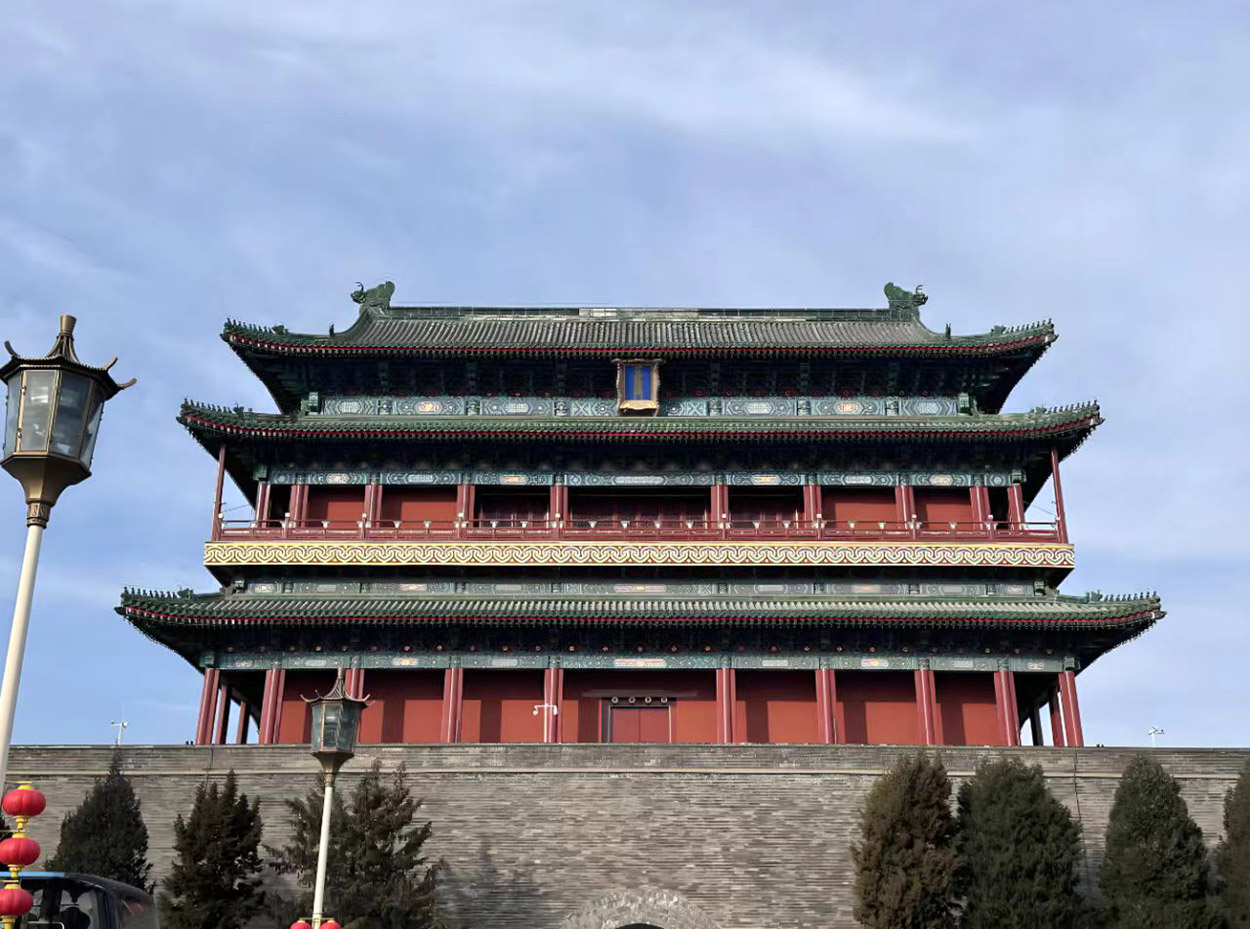
For Huang, who is known for fusing Eastern and Western traditions into a distinctive artistic voice, the project represents years of conceptual exploration into how music can reframe human experience in the urban environment.
The idea first took root in 2017 at the Manchester International Festival, where Huang began experimenting with the concept of interactive, site-specific soundscapes. Inspired by his passion for travel and his desire to bridge the gap between locals and visitors, he envisioned a work that would allow audiences to "live" within the music — engaging directly with the city and its people.
That early concept evolved into City of Floating Sounds, which premiered in June 2024 at Factory International, Manchester's new cultural venue. Now, for its Beijing debut, Huang expands the experience into a citywide event, where audiences literally become part of the music itself, weaving their footsteps and presence into its texture.
The production consists of two segments. The outdoor segment unfolds across five distinct routes near the NCPA, guiding participants through some of Beijing's most iconic landmarks. From the historic Zhengyangmen on Beijing's Central Axis to the vibrant commercial area of Qianmen, the cultural streets of Liulichang, and the winding hutong alleys, each route offers a unique sonic experience.
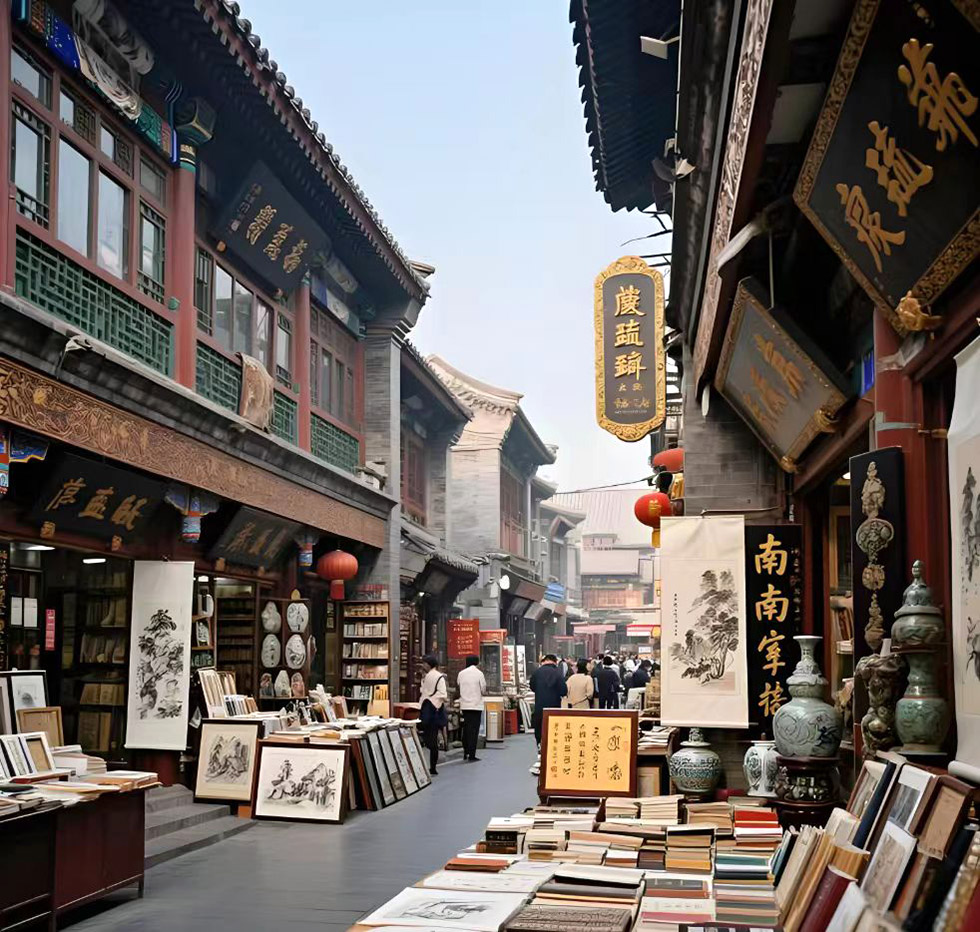
Participants will use their mobile devices to access a designated mini-app that plays the music. Each person will be randomly assigned a different musical track, becoming a piece of the larger "puzzle "that completes the symphony.
As the participants walk through the city, they will converge at the NCPA, which is the second segment of the production. They will experience the musical climax together in the concert hall.
"The sounds will be heard, blending into the crowd and amplifying as the participants move," Huang says. "As the crowd walks together, the different musical parts naturally layer upon each other. The denser the crowd, the richer the sound. The city streets transform into a slowly unfurling musical score.
"It's like mixing ingredients in a cocktail," Huang says. "The audience's movements and participation shape the sound. The walk from the outdoors into the concert hall enriches the entire experience."
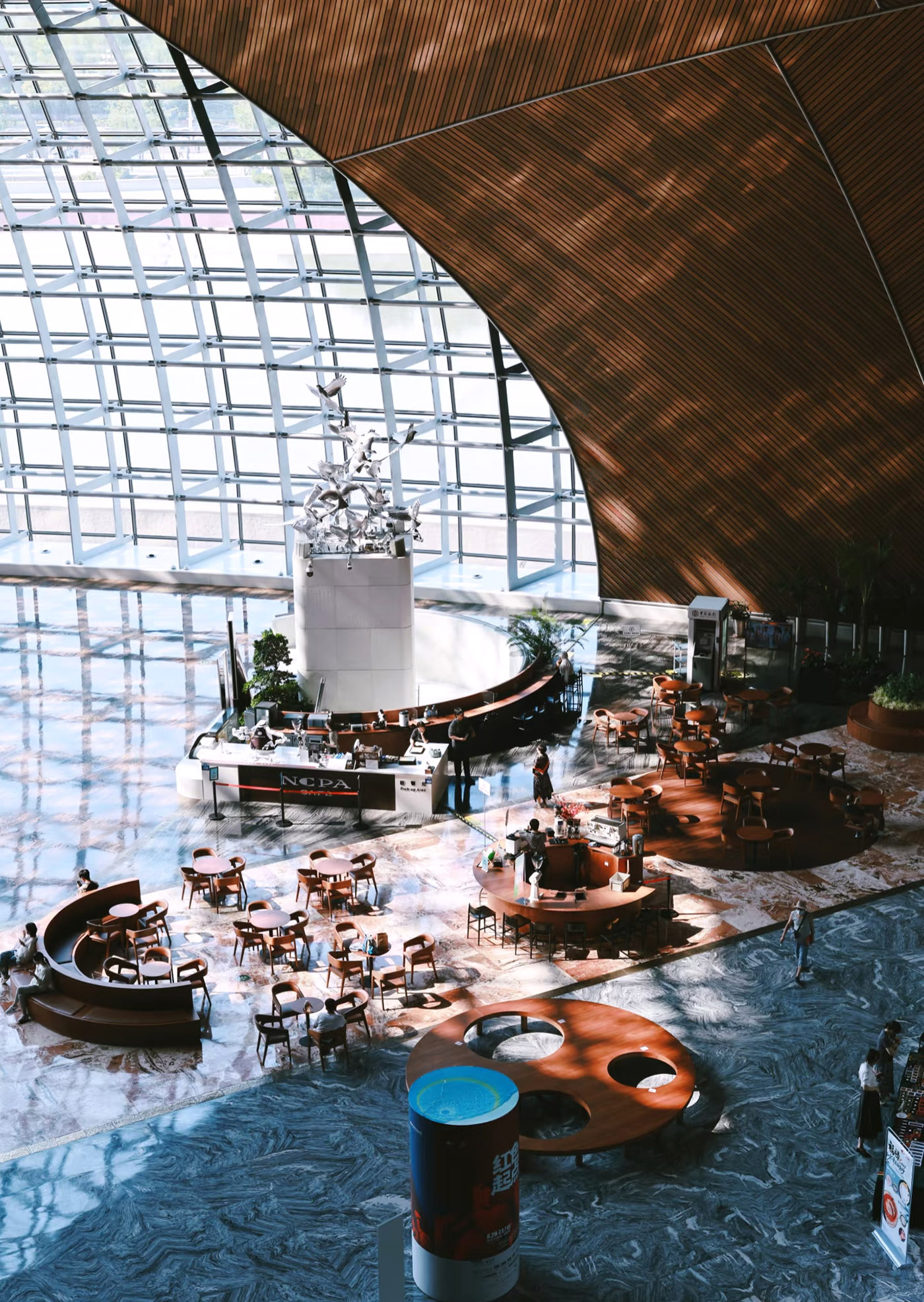
City of Floating Sounds, a commissioned piece, was also inspired by the rise of smartphones, which, while designed to connect people, have often become isolating tools, according to the composer.
"Phones were originally created to connect people, but now they act as barriers. Despite being physically close to others, whether on the subway, at home or in public spaces, many people seem to be emotionally distant, lost in their own digital worlds," he says. "I wanted to use technology, in this case smartphones, as a tool not to isolate, but to connect people through shared experiences."
"When a music festival takes events outside traditional concert halls and encourages people to explore the city, it transforms the experience into something much more dynamic and immersive," says Zou Shuang, artistic director of the Beijing Music Festival, which was founded in 1998 by conductor Yu Long and is one of the largest music events in the capital. "When music is embedded into the fabric of a city, it opens up dialogues between different communities and cultural spaces. It invites diverse audiences to share the same space, and experience something collectively, fostering a sense of unity or commonality."
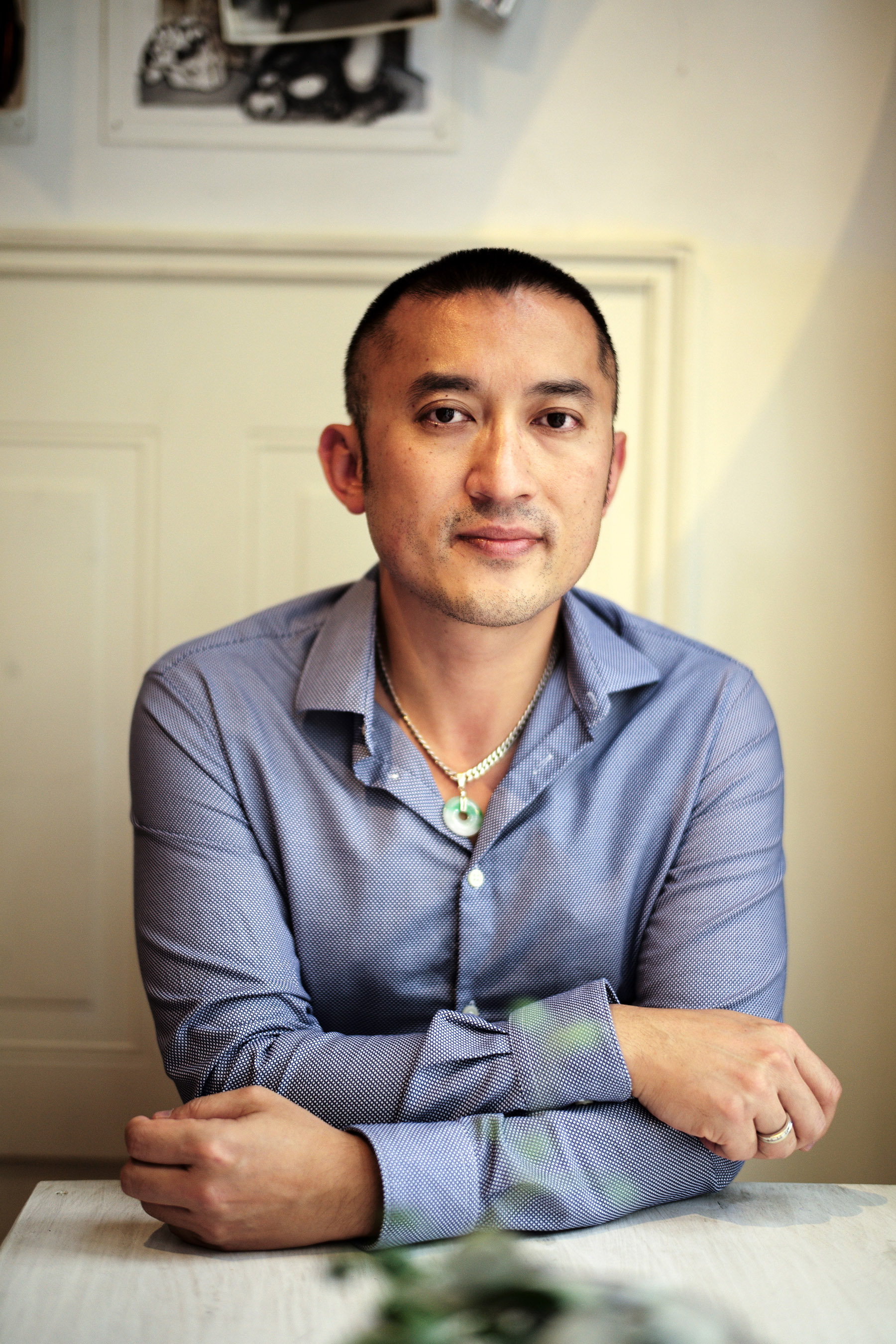
Born in 1976 in the island province of Hainan, Huang's artistic vision is deeply rooted in his upbringing. He grew up in a household immersed in music — his father, a composer, was his first teacher, introducing him to piano and composition at an early age. In his childhood village, art was a communal affair. The most vibrant place was the open-air threshing ground, where villagers dried rice by day and gathered by night for makeshift performances. People would bring their own stools and food, watching local theater troupes perform under the stars.
"At that time, theater was public; it belonged to everyone," Huang recalls. This communal spirit became the foundation of his artistic philosophy — music should not be reserved for an exclusive few but should be a way for people to connect and share experiences.
Huang's academic journey later took him from the Shanghai Conservatory of Music to the Oberlin Conservatory and the Juilliard School in the United States, where he studied both Chinese and Western traditions. He now teaches composition at the Mannes School of Music in New York.
ALSO READ: Maestro returns with fiery baton
Yet, even after years abroad, his artistic identity remains deeply intertwined with Chinese culture and philosophy. "Leaving my hometown helped me realize how to integrate the essence of the East into my new works," he says.
City of Floating Sounds is also a reflection of Huang's deep connection to Eastern philosophy, balancing concepts such as presence and absence, sound and silence, large and small. The music flows like a breeze through the city, without a clear beginning or end, dissolving the traditional structure of a concert.
"This work reflects the flow of life itself, constantly in motion, constantly evolving," Huang says. "There's no fixed stage, no boundary between audience and performer. The entire city is part of the performance, and the audience becomes part of the symphony."
Contact the writer at chennan@chinadaily.com.cn


